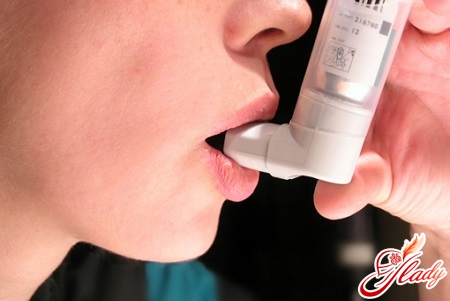
Viral hepatitis (HEPATITIS VIROSA) is an infectious disease that causes damage and inflammation of the liver. The most common causative viruses are A, B, C.
Viral diseases HEPATITIS VIROSA
Different types of hepatitis have similar clinical manifestationspicture, but differ in the sources of infection, spread, and consequences of the disease. One of the symptoms of the disease is yellowing of the sclera of the eyes and skin, so sometimes the disease is called jaundice. Hepatitis A is transmitted by the faecal-household route: raw water from a contaminated source, unwashed vegetables and fruits, contact with a person infected with hepatitis, using a common toilet and dishes. Symptoms of the disease: malaise, general weakness, nausea, vomiting, fever. After a few days, the disease goes into a latent phase and then proceeds asymptomatically. The disease is widespread with universal susceptibility, but the statistics of the disease are greatly underestimated due to difficulties in diagnosis (often the disease occurs in anicteric form). Epidemics of hepatitis A occur, as a rule, in groups of people united in one institution: school, kindergarten, hospital. Hepatitis A does not cause severe damage to liver cells, with high-quality and timely treatment, complete recovery occurs. Personal hygiene is the best prevention of hepatitis A, also known as "dirty hands disease."
Viral hepatitis B, C
A disease caused by a pathogenic virustype B, is characterized by severe damage to liver cells. Due to the inflammatory process, the cells are replaced by scar tissue, fibrosis begins to develop, which, in turn, leads to cirrhosis of the liver. The virus is transmitted sexually or through blood. Sexual infection occurs when damaged skin or mucous membranes come into contact with the biological fluids of a person infected with the virus. Infection through blood can occur when using common manicure tools, razors, needles, syringes. If you decide to get a tattoo or manicure, you should be sure that the specialist thoroughly disinfects all the tools used. Infection with hepatitis B is possible through blood transfusion. Household transmission of the B virus (shared dishes, towels, kisses) is less possible, but if the saliva of an infected person contains blood, then in this case there is a risk of infection. Hepatitis C, or the "gentle killer", - the most insidious and serious type of viral hepatitis. As a rule, the disease progresses unnoticed, and for many years a person may not even suspect that he is sick until the terrible virus manifests itself. The disease becomes obvious only when liver cancer or cirrhosis appears. Infection occurs through blood (approximately 2% of blood donors are carriers of the hepatitis C virus), during unprotected sexual intercourse, when using shared syringes (there are a lot of people with hepatitis among drug addicts). Infection can occur during a piercing session, manicure, or when visiting a dentist. In many cases, viral hepatitis is easier to prevent than to treat. To prevent the disease, you need to follow the rules of personal hygiene, avoid contact with the blood of an infected person, sexual intercourse with unverified partners should only occur with the use of a condom.









